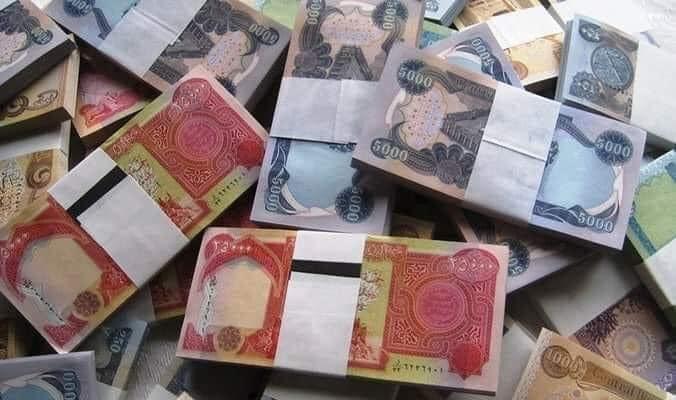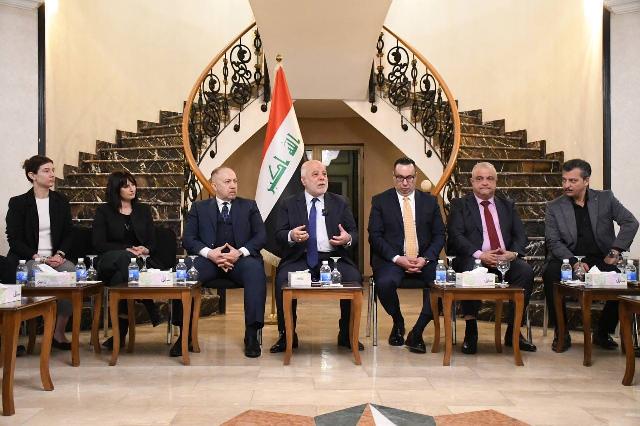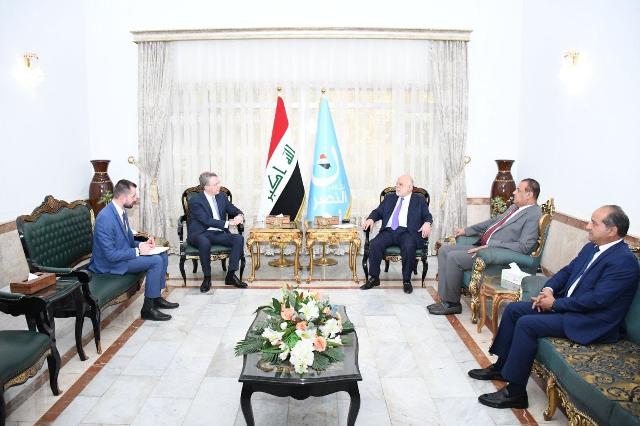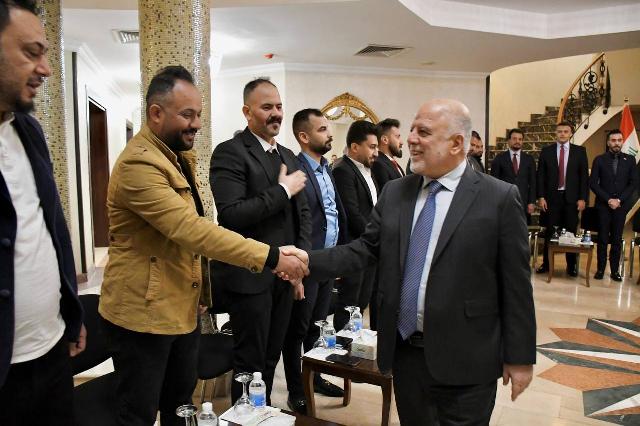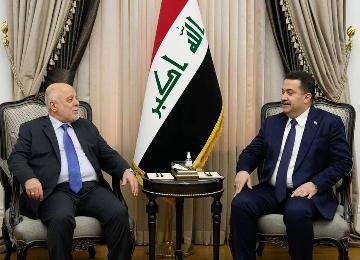"Al Nasr Coalition" announces its refusal to reduce the value of the Iraqi dinar and lower the citizen's income, which will not address the crisis at the foreseeable level, it is a war on the poor and those with limited income, it will open the door wide to inflation, and it may not be possible to preserve the stability of the currency.
Al Nasr blames the government and the supportive political forces for what will result from societal economic collapses that will affect the social and living structure of the citizens.
These measures and the continuation of irresponsible spending in a corrupt, flabby and chaotic bureaucratic environment, and amid modest infrastructure and services that are the mainstay of economic, industrial and agricultural activities will lead to unfortunate results. We fear the inability to control the exchange rate of dinar amid these circumstances. As it is known, the exchange rate policy is a policy that works alongside a successful monetary policy, and the existence of an effective field for financial markets, and this is not currently available, which forces the central bank to use foreign currency to control liquidity and money supply levels instead of relying on effective government policy in controlling spending and stimulating the economy.
The government could have adopted better and less expensive procedures to overcome the financial crisis, including: stimulating the economy, encouraging investment, and creating job opportunities, instead of what is happening now, and presenting a budget in which to pressure unnecessary spending, such as the one presented by Dr. Al-Abadi's government for the years 2015-2018, which was based on setting priorities and compressing expenditures and prevent waste.
Abadi's government was able at that time, despite the war conditions and the collapse of oil prices for more than three consecutive years, to overcome the crisis with the least losses, and proved the policy of structuring priorities, squeezing spending, preventing unnecessary spending, controlling the outlet for currency sales, controlling speculation, maximizing the country's internal imports, and reducing the salaries and the privileges of officials. It has proven its success in overcoming the crisis, and it has preserved the exchange rate of the dinar, secured salaries, protected the poor and limited income classes, maintained basic and necessary spending and fulfilled its tasks in liberation, it undertook stabilization and construction work. It delivered the government that followed it nearly $ 14 billion in surplus and raised the credit rating of Iraq globally, despite the stifling financial crisis that continued for more than three consecutive years, and the barrel price rates were lower than the current price.
Al Nasr Coalition calls for reinstating the procedures of Abadi's government to avoid the current financial crisis, as it is a successful, feasible and employable experience, instead of adopting a wasteful spending policy, reducing the exchange rate, or resorting to open borrowing or reducing salaries and lifting the protection cover for the poor and low-income classes.
The foundation for reform and overcoming the current crisis can only be achieved by effective governance free from conciliatory political rivalry. Economy, as well as services, security and sovereignty, will not rise in the light of the fragmentation of governance, the conflict of decision centers, and the dominance of the parties over the center, and in light of the bullying of the state and the unity and compulsion of its policies and decisions. Reform will not breathe in the light of political fiefdoms and the state's party swallowing under the headings of quotas.
Al Nasr demands national solidarity for all to overcome the crisis and adopt the most effective solutions to protect the economy and the interests of citizens.


